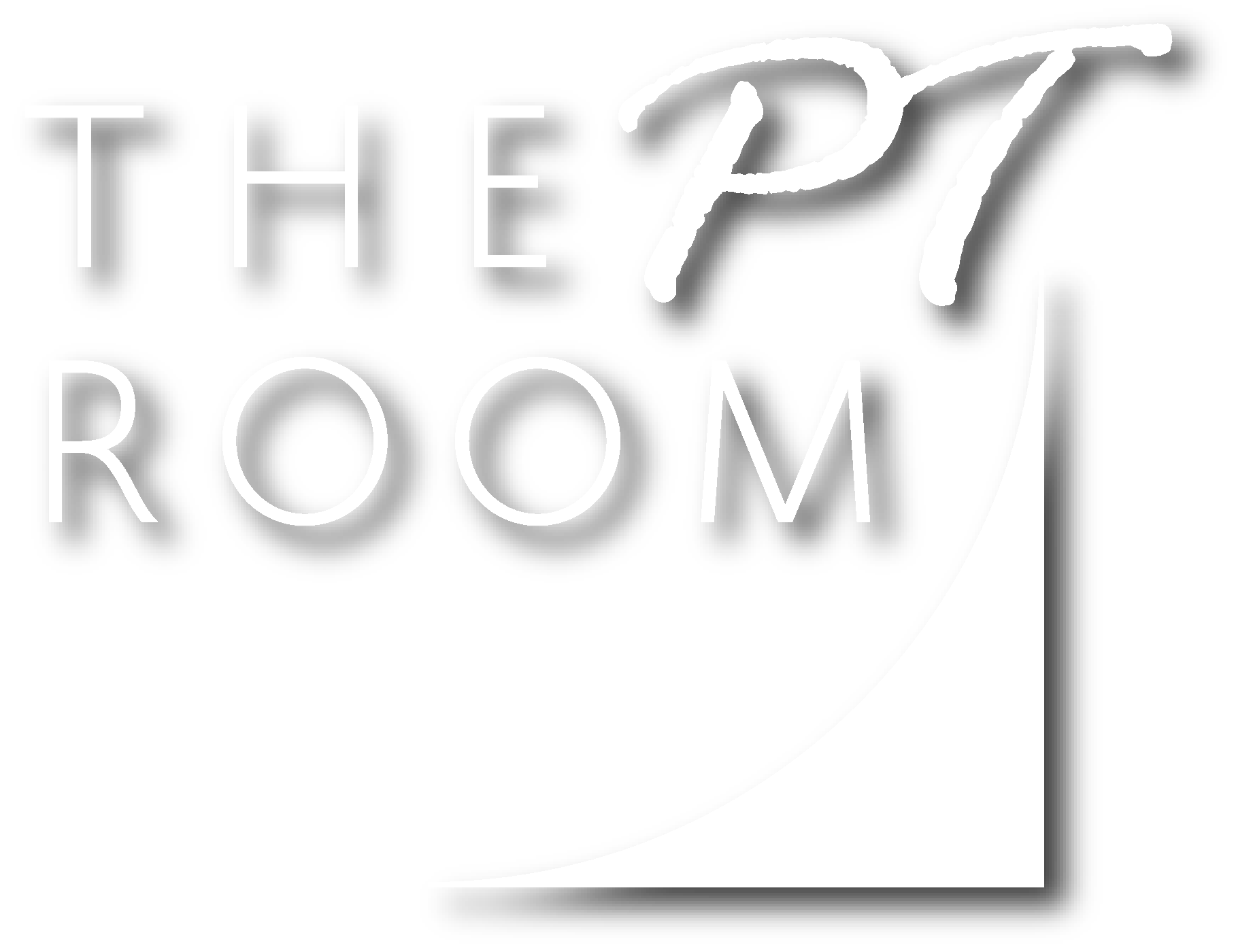What do you want to think?

Do you wish that you were the sort of person that could go out for a social drink and not get completely wasted? Or do you wish you could stop at just one biscuit instead of the entire packet? Or do you wish you could stick to your diet instead of getting so far, then unconsciously bingeing and putting all the weight you’ve lost back on, and more?
All these things as well as other self-destructive behaviours are so hard to explain. We know what we want in life, but somehow, we always seem to revert to type, and no matter how we try to reform ourselves, sooner or later we end up right back where we started. It doesn’t have to be this way. All that we need is a brain transplant! But that’s impossible. But on the plus side, the brain we have right now is changeable, reprogrammable, and we can do it ourselves.
Nowadays, neuroscientists know that bad habits actually have a physical existence. There are default circuits in the brain that are triggered when we are faced with temptation. We’ve done the bad thing so often that it’s become part of who we are. It’s changed our character. So not only do we need to stop our self-destructive patterns, but also do it so often that it causes a physical change in the mind. We have to reprogram it.
So when someone in work offers us a doughnut with our coffee, what do we wish we could think? Here’s a typical script. It’s only a doughnut. I’ve been good all week. I’m going to the gym later. It’ll serve as fuel for training later. I deserve it. And these mental scripts are part of the self-destructive wiring. They are the story we tell ourselves to a. Make ourselves feel better for the inevitable bad decision we’re about to make, but also b. We rationalise the behaviour even though we know it’s self-destructive.
As a personal trainer I’m quite adept at recognising a script when I hear it. Like a tragic play unfolding that I know will ultimately end in people not sticking to their diets or not being successful as they could be in any particular week. Why do we overeat when our goal is to lose weight and be fitter and healthier? There are many different forms of self-destructive behaviours and causes. The fear of success is one. A big one too. Somewhere in the unconscious self, we just want to stay the same, because we know that person well. We don’t know what it would be like to hit our targets and goals. We fear the unknown. So these scripts emerge, it’s just one doughnut, I’ll start again tomorrow, I’m good most of the time, it’s not fair, it’s easier for everyone else. To overcome the fear of success we need to learn the skills of mindfulness.
People believe that they lack will power, but will power doesn’t exist. Mental pathways and behaviour patterns exist. What people lack is correct thinking and correct action, correct in the sense that they’re aligned with their goals, or rather things that are in keeping with the health of the self. What’s required then, is to begin practicing new ways of thinking and new ways of acting.
So what, when are faced with temptation, do we wish we thought automatically? That’s not aligned with my goals? I just don’t want it? A moment on the hips, a lifetime on the hips? Whatever it is we wish we thought, we have the power to do it, and do it now. Thinking positively is a skill and like all skills it takes practice, and like we can use the same methods that we used to garner other skills too, for instance, learning to drive. When we learn to drive, we hire an instructor who teaches us the basics, guides us through several important lessons, then corrects us when we are wrong. Other skills such as typing take regular practice. So get your scripts ready. No thanks, I’m being good. Stay focused. And think them. Say them to yourself even if the emotion is off at first. Sooner or later, it becomes a mental habit. You’ve built a new mental pathway. You’ve changed. You’ve grown. And what follows correct thinking, is correct action.

Recent Comments